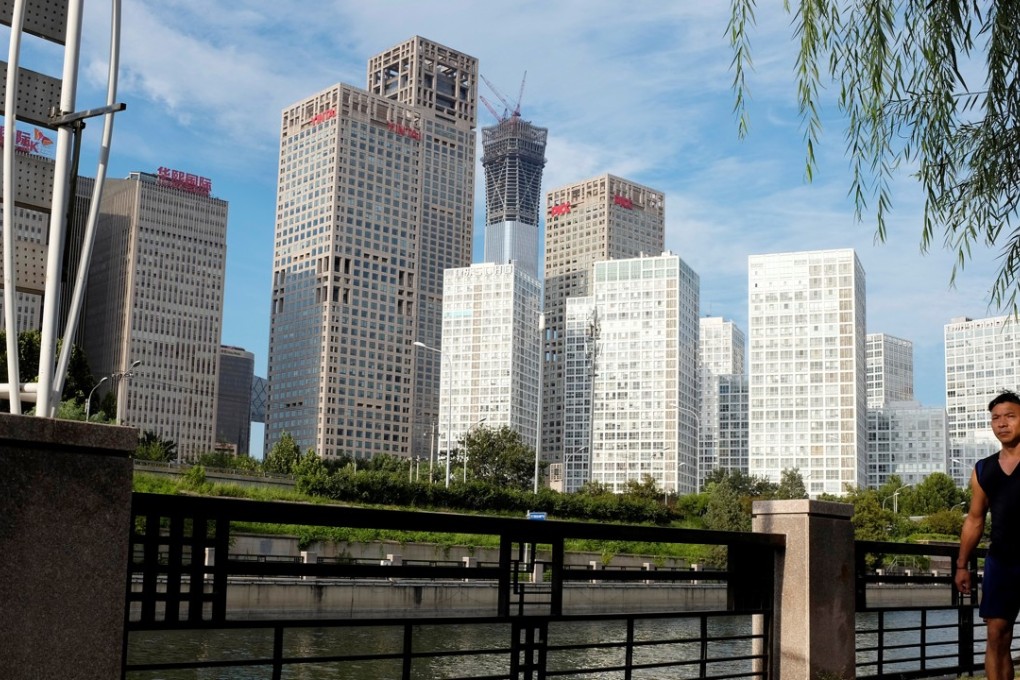China’s developers to face a major debt refinancing scramble in 2018, rating agencies say

China is set to experience a wave of maturing debt in 2018 as Chinese property developers set about a major refinancing cycle expected to last two years, according to credit rating agencies.
Real estate companies will need to roll over US$10 billion of offshore bonds and US$35 billion in onshore bonds in 2018, with a large portion of the maturities coming due in the second half of the year, S&P Global Ratings said.
Moody’s said 75 per cent of its rated Chinese developers have bonds maturing in 2018.
“The refinancing risk will escalate in 2018, 2019 and 2020,” said Cindy Huang, director of corporate ratings at S&P Global Ratings. “Onshore bond refinancing will face particular pressure.”
Huang said a huge number of domestic corporate bonds with maturities of three years had been sold by Chinese developers during 2014 to 2016 after the government reopened the onshore bond market to the sector.
Since the fourth quarter of last year, Chinese regulators have imposed restrictions on bond raising applications by property companies in a bid to cool off the overheated property market.
“A number of developers will encounter financial problems if they can’t issue onshore bonds next year,” Huang said. “They may seek high-risk, short-term trust loans for refinancing.”